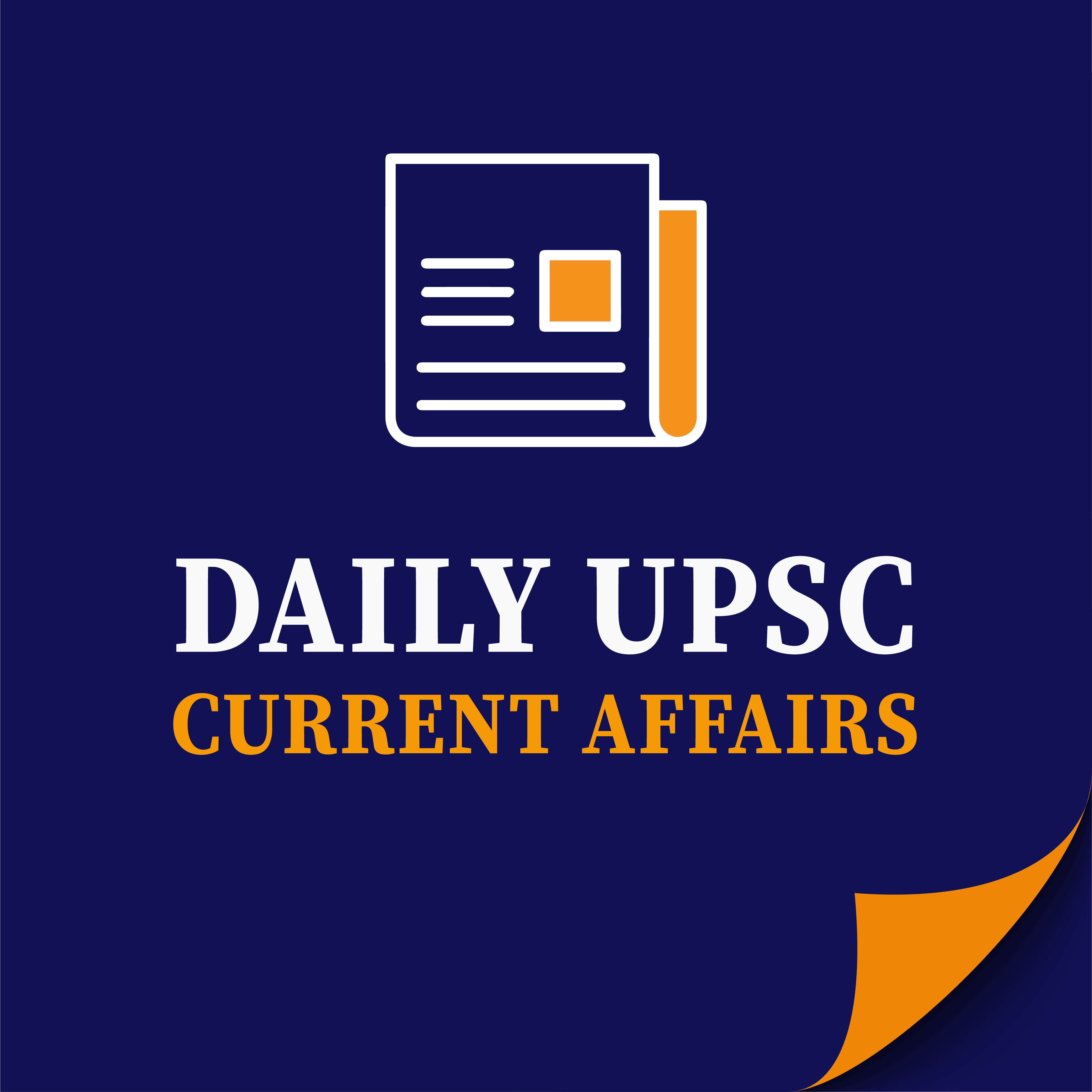Sept. 6, 2024

Envisaging Strong Opposition
Context: “Friction in Parliament reflects political reality”
Leader of Opposition
The "Official/Principal Opposition" title is typically held by the largest party opposing the government, with its leader designated as the "Leader of the Opposition."
LoP is the opposition’s representative in the high-powered committees for appointment to key posts such as the Director of Central Bureau of Investigation (CBI), the Central Vigilance Commissioner and Chief Information Commissioner, the Chairperson and Members of the National Human Rights Commission, Chief Election Commissioner and other Election Comissioners and the Lokpal.
The leader of the largest opposition party having not less than one-tenth seats of the total strength of the House is recognised as the Leader of Opposition.
The leader of opposition is not a Constitutional post, rather it is a statutory post.
Significance of Opposition in a Democracy like India.
• The opposition's primary role involves reacting, questioning, and scrutinizing the government's actions daily in parliament, committees, media, and among the public.
• It ensures the government adheres to constitutional norms.
• In parliament, the opposition not only criticizes but also advocates for constituency-specific needs, proposes amendments, and seeks assurances using parliamentary procedures.
Present Challenges with Opposition
Numerical Disadvantage:
• The 16th and 17th Lok Sabha had no recognised Leader of Opposition as no party fulfilled the 10% criteria, however, this scenario seems changed in 18th Lok Sabha
Fragmentation and Ideological Diversity:
• Indian opposition parties are often fragmented due to diverse ideologies, regional interests, and agendas which can lead to difficulty in presenting a cohesive opposition narrative and coordinating unified strategies against the government.
Prevalence of Vindictive Politics:
• It has been alleged that the ruling party's control over state institutions, including law enforcement agencies, regulatory bodies, and electoral machinery, poses challenges for opposition parties.
• For instance, according to a petition filed by political parties in the Supreme Court, around 95% of political leaders investigated by the Central Bureau of Investigation (CBI) and Directorate of Enforcement (ED) are opposition leaders.
Financial and Organizational Constraints:
• Opposition parties, especially smaller ones, often struggle with limited financial resources and organizational capacity.
• For example, political parties that secured at least 1% of the votes polled in the recent General or State Assembly elections were eligible to take donations through electoral bonds (however, this has been declared unconstitutional by the Supreme Court)
Limited Access to Media and Public Platforms:
• The ruling party typically enjoys greater access to mainstream media and government-controlled platforms for communication.
Legislative and Procedural Hurdles:
• Opposition parties often face procedural hurdles in parliament, such as limited speaking time, curtailed debate opportunities, and dismissal of opposition motions.
Ways Forward:
• Building Alliances: Strengthening alliances by opposition parties to collectively increase numerical strength and present a unified front against the ruling party or coalition can help in voicing concerns of the general public.
• Empowering Parliamentary Oversight: Strengthen parliamentary oversight mechanisms by actively participating in parliamentary committees, debates, and legislative scrutiny.
• Enhancing Organizational Capacity: Focusing on building robust organizational structures, enhancing outreach capabilities, and improving grassroots connect.
• Equal Media Coverage: Providing equal coverage by State owned media channels such as Doordarshan and All India Radio for political campaigns and advertising.
• Utilizing Digital and Alternative Media: Embrace digital platforms and alternative media channels to reach a wider audience with opposition messages.
• Engaging with Public Opinion: Prioritize engagement with public opinion through regular interactions, town hall meetings, and public consultations.
• Advocating Electoral Reforms: Advocate for electoral reforms that promote transparency, fairness, and equitable access to electoral processes.
• Reforms such as State funding of elections as recommended by Indrajit Gupta Committee would provide a level playing field for the political parties.
Mains
Q. Discuss the Significance of Opposition for Proper Functioning of Parliament in Democracy like India?